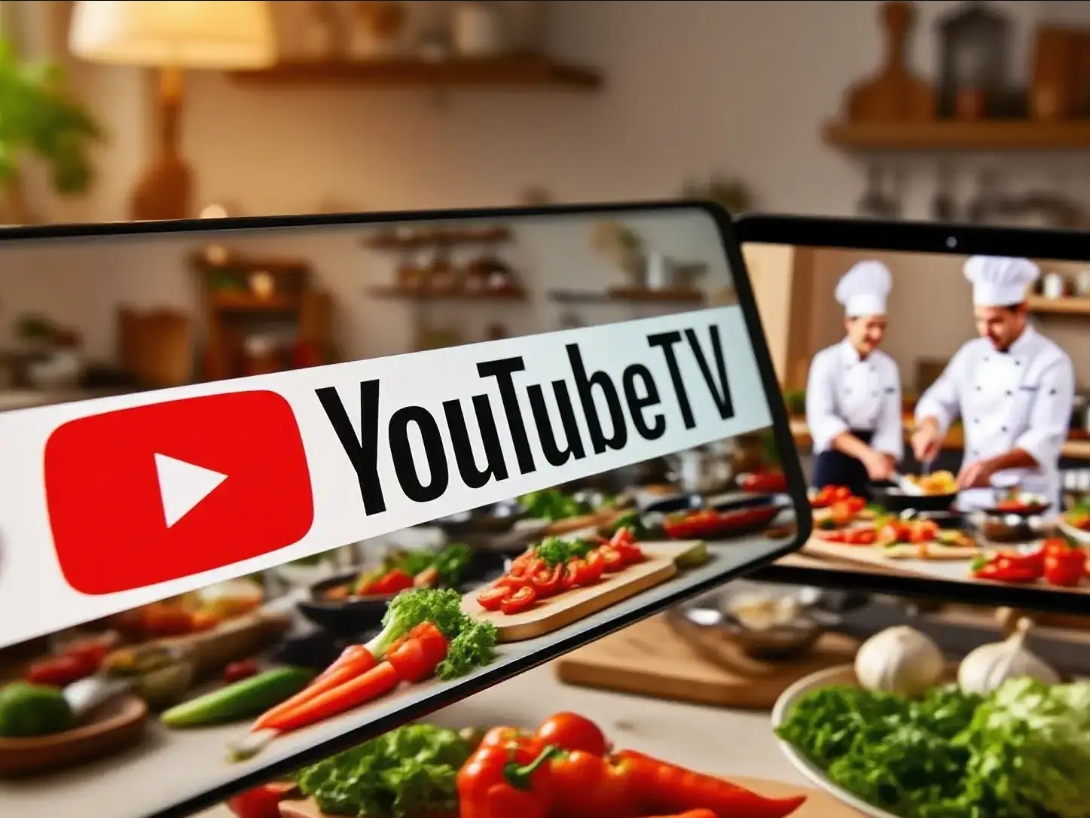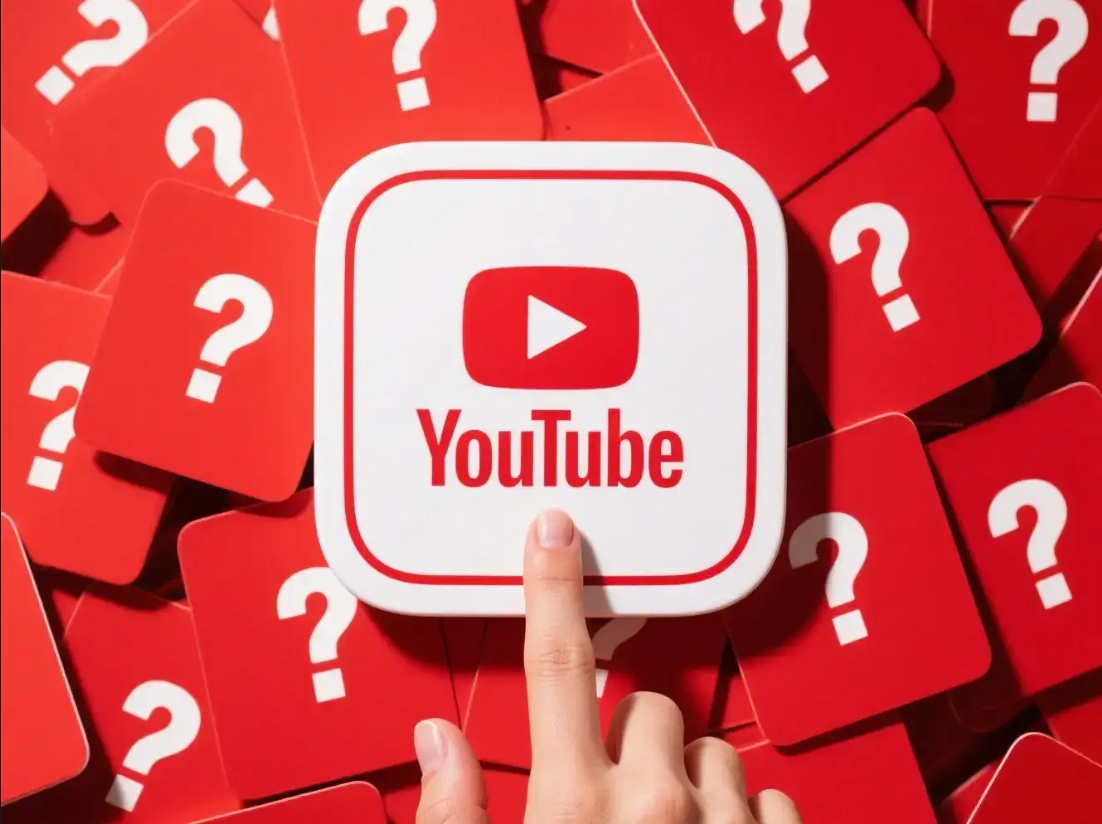How Much Do Content Creators Make on YouTube in 2025
The Real Numbers Behind YouTube Creator Earnings in 2025


Earning on YouTube is the dream of every content creator, and there is a question of how much content creators earn through YouTube.
The answer isn't straightforward as YouTube earnings depend on many different factors like views, niche, and engagement. In this post, we will cover exactly how much do content creators make on YouTube. We'll also discuss what impacts your earnings. Let's dive in.
YouTube content creators develop content, scripts, record, and edit videos for their channels. They create thumbnails, compose SEO titles and descriptions, and upload content with the help of editing software.
They post videos on social media, interact with the audience through comments and live streams, and measure the success of videos through YouTube Studio. They can also work with brands, get sponsorships and diversify income through ads, memberships, and merchandise.
YouTube creators in 2025 earn through diverse monetization methods. Here's a breakdown of major income sources used by content creators today.

The creators gain income with the help of enabling advertisements on their videos. After fulfilling the new YouTube subscriber and watch time criteria, the channel can earn revenue through display, skippable, and mid roll advertisements.
When paid subscribers view the content of creators, a share of Premium subscription revenue is paid to creators. The more their loyal audience watches, the more they earn.
Viewers are able to subscribe monthly to have access to exclusive content, emojis or badges. This leads to a consistent income for the creator and also fosters a stronger community around them.
During the live streams, fans buy highlighted messages or animated stickers to be displayed. This offers additional revenue as it increases real time participation during streams.
Creators advertise third party products with the help of affiliate links. They get a commission per sale brought by their content, and they commonly do it with in-video mentions or pinned comments.
The brands compensate creators to mention or review products in videos. These rates depend on the niche, reach, and engagement and can turn into one of the most successful sources of income.
YouTube has its own shop where creators can sell custom-branded merchandise including clothes or mugs. This increases revenue as well as the brand image of already established channels.
The short form content creators are currently earning a 45 percent share of ad revenue. There are other performance related bonuses depending on how the viewer interacts with the Shorts.
Patreon is a platform that enables fans to donate to creators on a monthly basis. There are other tools that allow one time giving or project based funding campaigns.
Media outlets or companies can license viral videos. Creators will get paid fees to enable other people to reuse or broadcast their original content.
The YouTuber earnings are dependent on various dynamic factors. These aspects affect the revenue and brand opportunities, and long term monetization success.

The content niche is where advertiser demand and CPM come from. Finance or tech niches are high-value niches and get premium advertisements. Low value niches like vlogging or entertainment tend to make you less money per view.
Advertising revenue is greater with viewers in rich areas (e.g. USA, Canada, Western Europe). The age, level of income and interests of the audience also play a significant part in determining the level of earnings.
High viewer engagement like long watch time, comments, shares and repeat views increases algorithm rankings. Increased engagement tends to result in more advertisements, easier findability, and sponsor attention.
Quality of production and a consistent uploading schedule make viewers come back. The consistency helps to achieve higher retention rates and algorithm preference, which means more stable ad revenue and sponsorship opportunities.
Videos that are longer (typically 8+ minutes) can have more than one ad inserted, which means more revenue. Short content can limit ad placements, which will limit the overall monetization potential of creators.
As of July 2025, YouTube penalizes low‑effort, AI‑generated, or repetitive content. Channels must prioritize originality and transformation to remain monetizable under updated Partner Program rules.
Creators who add voiceovers enhance perceived authenticity and viewer retention. This practice boosts engagement, and improves watch time.
Top earners diversify income via memberships, affiliate marketing, sponsorships, merchandise, and fan funding. Relying on multiple streams reduces risk and increases overall earnings potential.
Advertiser spending fluctuates seasonally. Q4 (holiday) campaigns often drive higher CPMs, whereas Q1 typically sees lower rates. Creators benefit by aligning content strategies with peak ad buying seasons.
Optimizing video titles, descriptions, thumbnails, and tags improves algorithmic reach. Higher ranking videos attract more views, leading to increased ad impressions, subscriber growth, and greater monetization opportunities.
Adding voiceovers helps YouTube creators improve storytelling, making videos more engaging and easier to follow. It builds an emotional connection with viewers, increasing retention and watch time significantly. Voiceovers allow creators to explain complex topics with clarity and a personal touch.
They also boost accessibility by helping viewers who prefer listening or have visual impairments. A human voice adds authenticity, making content feel more relatable and trustworthy. Voiceovers support localization, enabling creators to reach global audiences with translated narration.
Overall, voiceovers enhance video quality, strengthen audience engagement, and improve content performance on YouTube's algorithm—all essential for growing a successful channel.
All Voice Lab helps YouTube creators monetize their channels more effectively using Text to Speech or Video Translation. It also offers voice cloning and voice changer in one platform. You can generate lifelike narrations instantly from written scripts or custom voice samples.
The AI produces emotionally expressive speech that boosts viewer retention and watch time. Multilingual support allows easy dubbing for global audiences, increasing reach. When you sign up, you’ll receive 3 days of free membership (480 credits included), giving you full access to all core features.
All created voices are licensed for commercial use, supporting YouTube monetization. The platform simplifies voiceover workflows, enabling creators to produce polished content faster and more affordably.
YouTube offers real earning potential, but success depends on content quality, strategy, and innovative tools. By understanding how creators make money and using resources like voiceovers and All Voice Lab, anyone can grow faster.
Using consistency, creativity, and the proper monetization methods, you can turn your channel into a sustainable income stream.